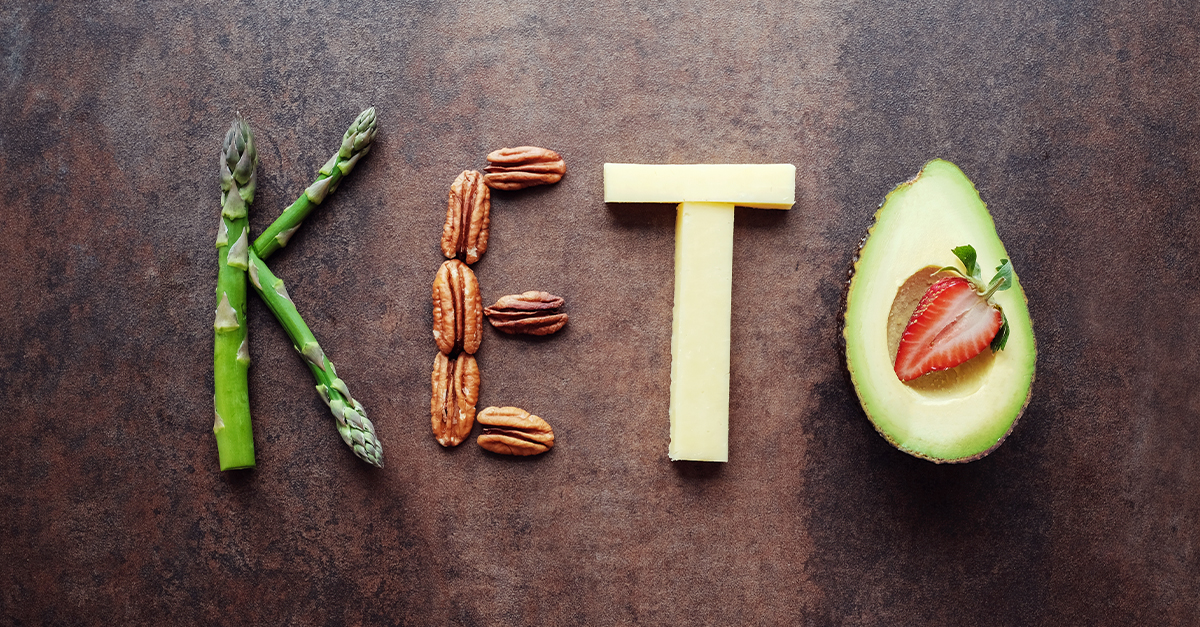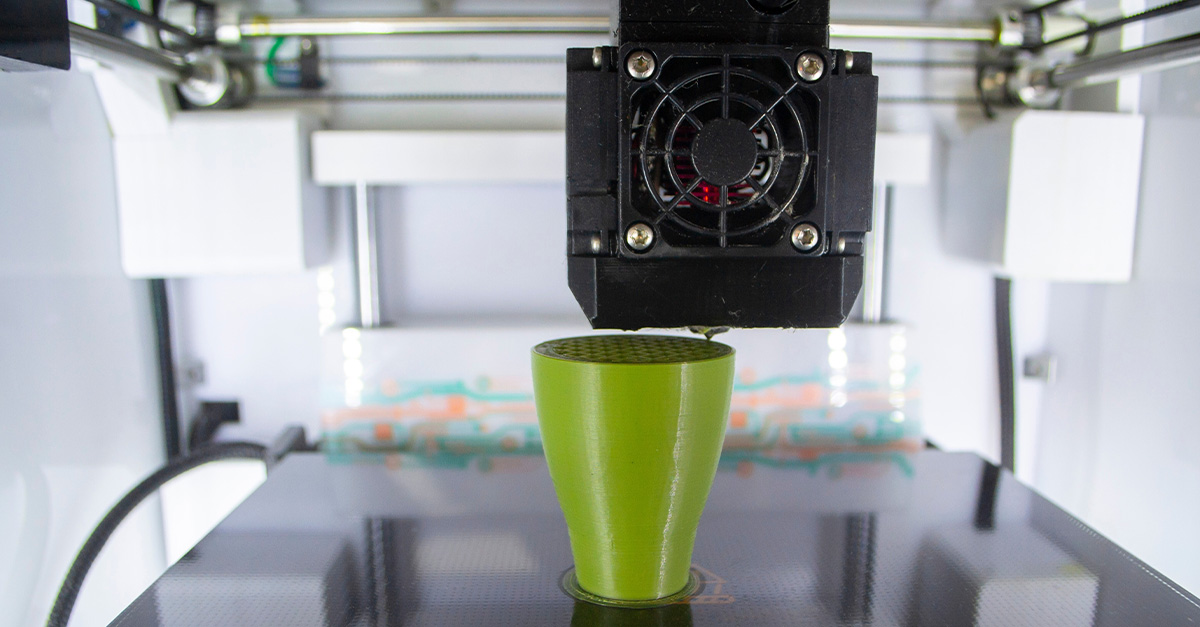The ketogenic diet, or “keto,” has turned into a mainstream wellness trend in recent years. By slashing carbohydrate intake and upping fat content, the body goes into a state called ketosis: the burning of fat for fuel. Many have sung the praises of keto’s benefits for weight loss, others have criticized its sustainability and possible health risks. Let’s take a clsoer look at keto and who can get the most of this diet.
How Keto Works
On keto, carbs are held back to roughly 20–50 grams per day. This drives the body to depend on stored fat for energy. This metabolic change produces ketones, which are now used as fuel instead of glucose. This usually results in a drop in blood sugar and insulin levels, which may bring further benefits for those with certain health conditions.
Potential Upside Of Keto
Supporters emphasize rapid weight loss, better blood sugar control, less hunger pangs, and sharper mental focus as the big upsides. Some studies indicate keto may benefit those with type 2 diabetes, epilepsy, or metabolic syndrome. Also, many people report reduced cravings for sugary snacks and feeling more full from high-fat meals. This makes it easier to stay on track with their diet.
The Naysayers Weigh In
Critics point out the diet’s strict nature and possible long-term consequences. Very low carb intake can cause nutrient deficiencies if not done carefully. Some people suffer from “keto flu”: bouts of fatigue, headaches, and irritability as the body adjusts. There are also worries that high saturated fat intake can be bad for the heart in some people.
Who Stands To Gain
People with insulin resistance, prediabetes, or type 2 diabetes could find keto useful at improving glucose control. People with epilepsy, especially drug-resistant cases, can also benefit, as keto has already been in use for decades in this context. People looking to lose fat while feeling less hungry may also find keto beneficial, as long as they can stick to the diet’s restrictions.
Those Who Should Be Cautious
Keto isn’t for everyone. People with liver or pancreatic conditions, gallbladder disease, or a history of disordered eating should avoid keto or only do it under a doctor’s guidance. Endurance athletes might have a hard time on strict keto because of the body’s need for glycogen during longer sessions of high-intensity activity. Pregnant or breastfeeding women are also not recommended to go keto.
The Challenge Of Lifestyle And Sustainability
One of the biggest stumbling blocks of keto is just sticking with it long term. Social eating, cultural food traditions, and personal taste can make strict carb restriction hard to sustain. Some people try a “cyclical keto” system, switching back and forth between low-carb and higher-carb days to give themselves a break while still getting some benefits.
Food Quality
A healthy ketogenic diet is partly about cutting carbs, but also about eating nutrient-dense foods. Avocados, olive oil, nuts, fatty fish, leafy greens, and non-starchy vegetables can provide essential vitamins and minerals. Eating too much processed meat, cheese, and butter can give you short-term results but could be a long-term detriment to your health.
The Bottom Line
The ketogenic diet can be a great tool to lose weight and improve your metabolism if you do it carefully. But as we've seen, it requires careful planning, medical guidance for some of us, and honesty about whether it fits your lifestyle. For those willing to try it, keto can be transformative, but it’s certainly not for everybody.
You May Also Like:
The Microbiome Is Reshaping What We Thought We Knew About Diet
The Science Behind New Routines—and How to Start











